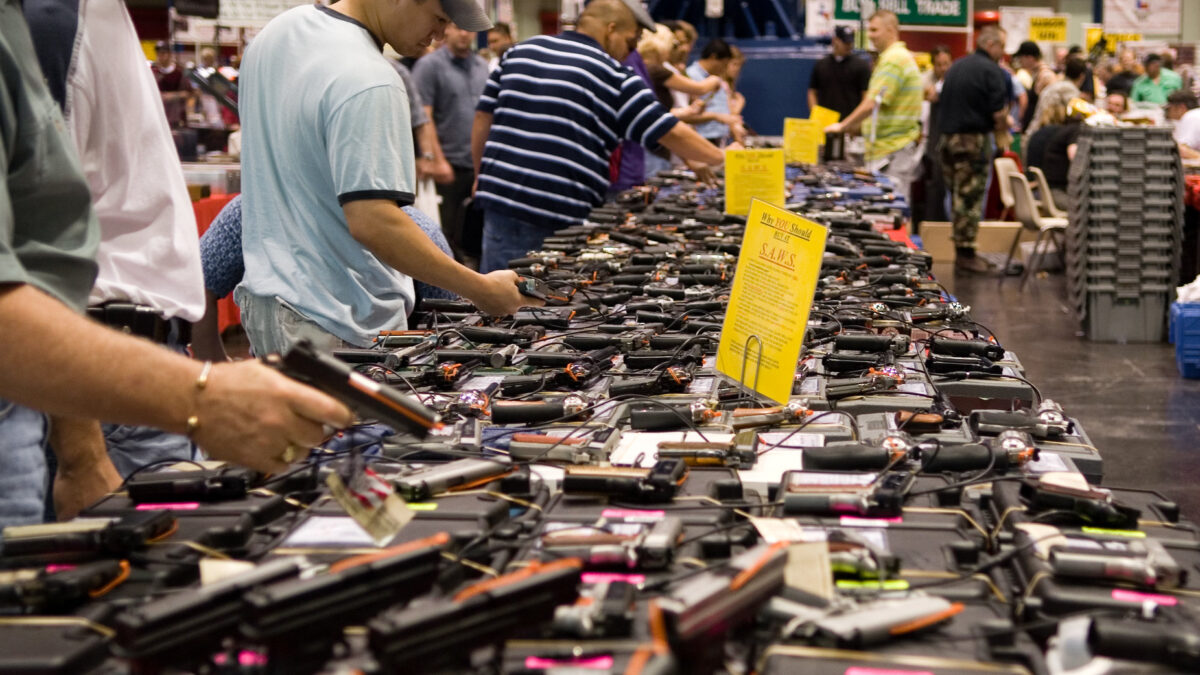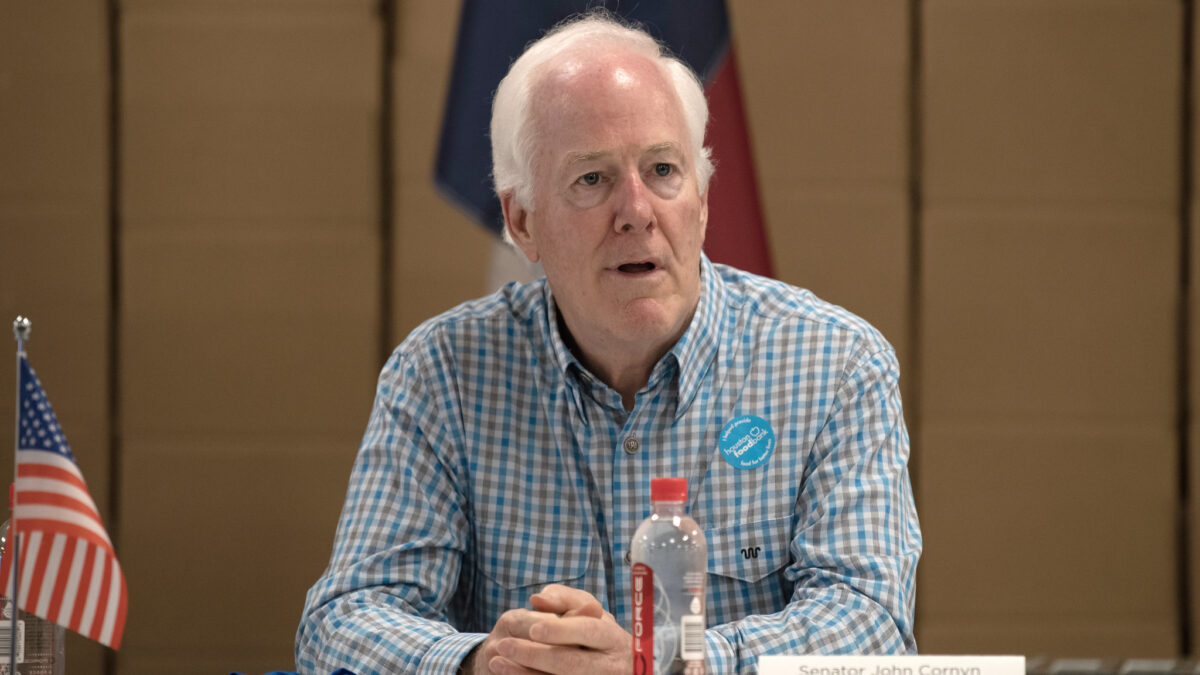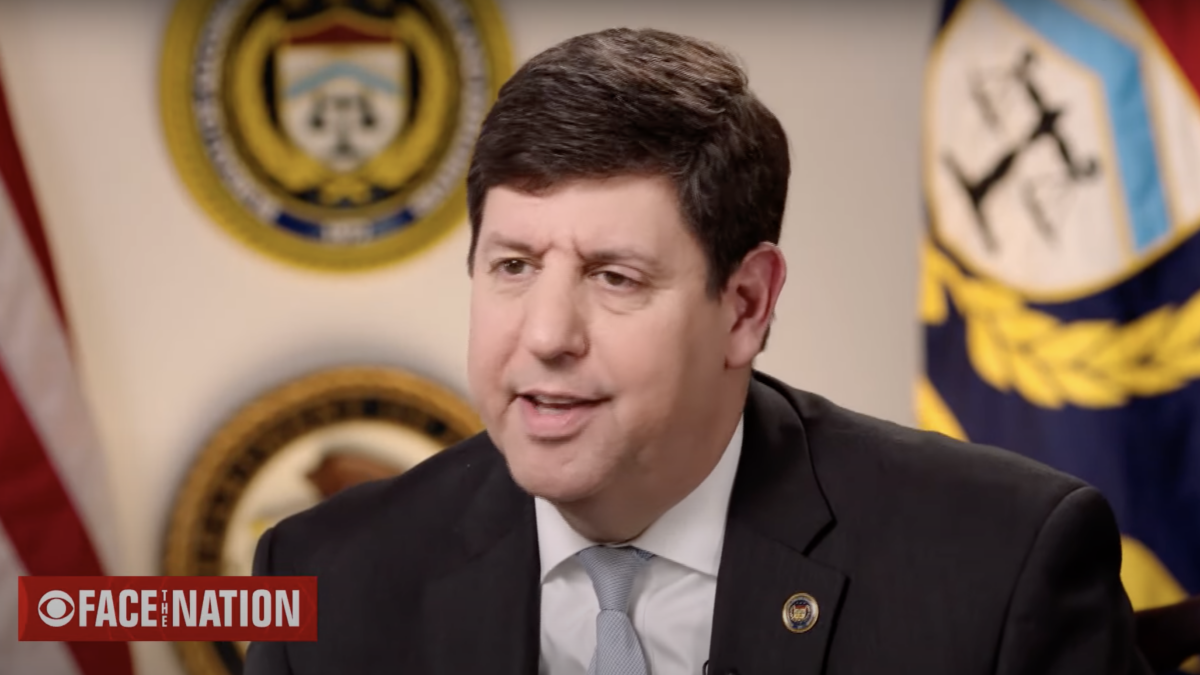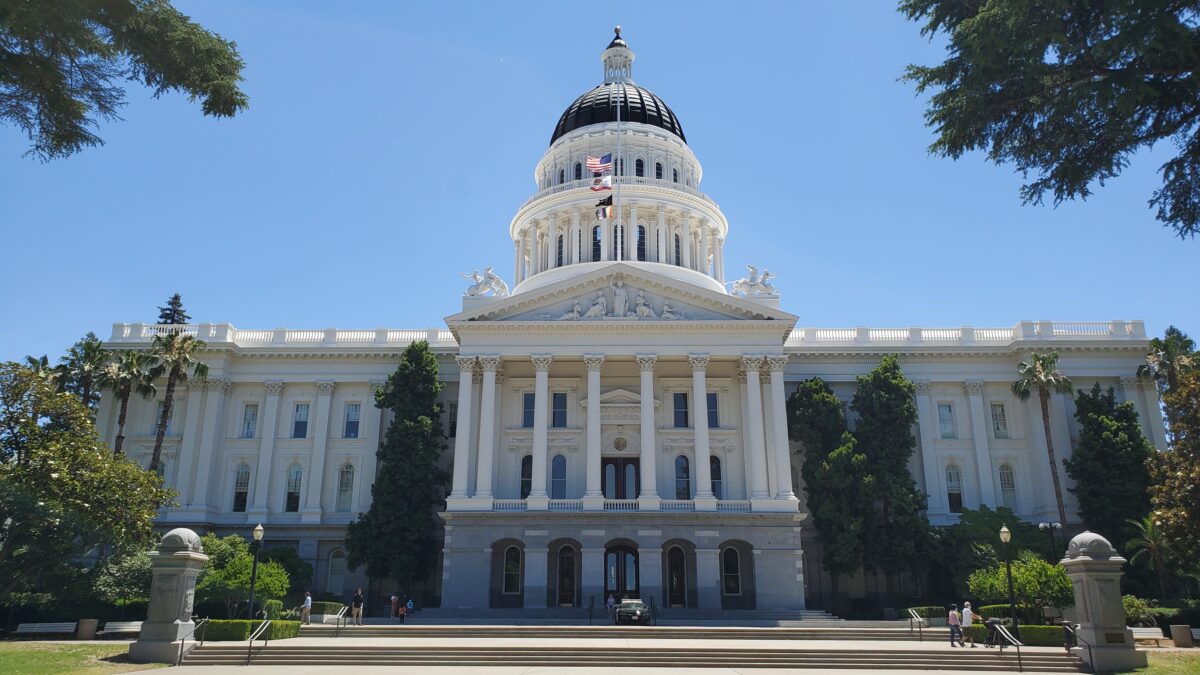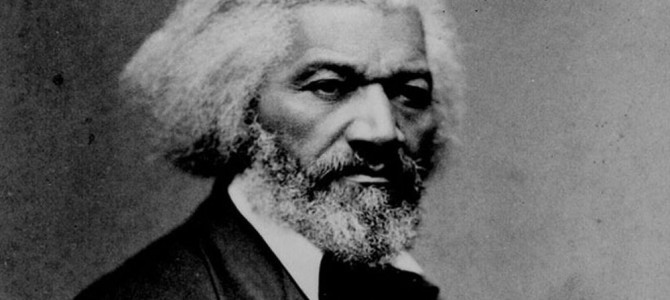
Following last week’s shooting in Charleston, White House press secretary Josh Earnest implied during his daily press briefing that Americans don’t need to own weapons that aren’t used for hunting.
“You don’t need an assault rifle to go hunting,” Earnest said. “It’s not part of your family heritage.”
“You don’t need an assault rifle to go hunting,” says Josh Earnest, it’s not "part of your family heritage"
Charlie Spiering (@charliespiering) June 22, 2015
Whether his mischaracterization of the Second Amendment and its defenders was intentional or merely based on ignorance of this country’s history and laws, we can’t say. But his statement was most certainly ignorant on multiple counts.
For starters, I’m not sure Earnest understands what an assault rifle is. The term “assault rifle” is not a catch-all to describe any gun you think is scary; it actually has a very specific meaning. The term “assault rifle” is almost always used to describe a selective fire weapon designed for military use: namely, a firearm that is capable of fully automatic fire (one trigger pull, multiple rounds fired) as well as semi-automatic fire (one trigger pull, one round fired and another one chambered so that the gun is capable of firing again with another pull of the trigger).
An AR-15, for example, is not an “assault rile” (The AR actually stands for ArmaLite, the weapon platform’s original manufacturer). True assault rifles — those that are capable of fully automatic fire — are heavily regulated and in incredibly short supply among civilians. You cannot simply walk into a gun store and buy one. You must navigate a lengthy maze of federal regulations, undergo a federal background check, pay a hefty tax, and provide a full set of all ten fingerprints.
Given the actual definition of “assault rifle,” as well as the context of Earnest’s statement, it seems rather clear that he was referring merely to scary-looking guns, not fully automatic rifles designed for military use. Unfortunately, his misuse of the term was not the most ignorant part of his statement.
No, the most ignorant aspect of his statement was the implication that gun rights exist just to encourage hunting, which belies a total ignorance of both this nation’s history and its governing legal document. The Second Amendment exists not to put a target on the backs of deer and rabbits, but to give notice to tyrants, whether they hold government office or hold people up at ATMs, that violent consequences may await those who would deprive others of their rights.
Many gun controllers, like those who won’t even acknowledge hunting as a proper use of arms, attempt to point to the reference to a “well-regulated militia” in the Constitution as proof that firearms should be heavily regulated and only in the hands of those serving in the military. That interpretation, however, depends on a misunderstanding of what “well-regulated” and “militia” meant at the time the Bill of Rights was authored and ratified.
“Well-regulated” did not mean “controlled by the government.” It actually meant something in the neighborhood of capable or trained. Disciplined, perhaps. The term “militia” did not mean a standing federal army. It instead referred to the population of all able-bodied adult men. The population was itself the militia.
“[W]hat is the milita?” asked George Mason during debate about the ratification of the Constitution. “It is the whole people.”
And in order for the population to retain its ability to use firearms to preserve the “security of a free State,” they had to have ready access to firearms. In their wisdom, the Founders decided that such access included both ownership (keep) and personal possession (bear) of those firearms.
In 1788, Mason expounded on the intent of those who would disarm free citizens:
[W]hen the resolution of enslaving America was formed in Great Britain, the British Parliament was advised by an artful man, who was governor of Pennsylvania, to disarm the people; that it was the best and most effectual way to enslave them; but that they should not do it openly, but weaken them, and let them sink gradually, by totally disusing and neglecting the militia.
It is not enough to merely own firearms or have them around. One must also be proficient in their use.
The Second Amendment, for good reason, makes no reference to hunting or sport. Yes, those are obviously fine uses of firearms (and they clearly allow hunters and competitive shooters to develop and maintain their skills), but they are not the reason our Constitution recognizes our God-given right to defend ourselves from those who would forcibly take our liberties from us. If you don’t believe me or George Mason, often referred to as the father of the Bill of Rights, you need only look to civil rights icons like Frederick Douglass, Harriet Tubman, or Martin Luther King, Jr.
Douglass, an escaped slave and ardent supporter of the Second Amendment, knew full well what happened when an oppressive government removed from its citizenry the right to bear arms.
“[T]he liberties of the American people [are] dependent upon the ballot-box, the jury-box, and the cartridge-box,” Douglass wrote, referring to the right to vote, be tried by a fair and representative jury, and own and carry firearms (“cartridge” box was a reference to ammunition). “[W]ithout these no class of people could live and flourish in this country.”
After the U.S. passed the Fugitive Slave Act, an 1850 law that required all captured slaves to be returned to their masters, Douglass again referenced the power of the firearm to preserve one’s God-given rights. To Douglass, the only “true remedy” to the execrable fugitive slave law was “a good revolver, a steady hand, and a determination to shoot down any man attempting to kidnap” an escaped slave.
“Every slave hunter who meets a bloody death in his infernal business is an argument in favor of the manhood of our race,” he added.
Harriet Tubman, an escaped slave made famous for her utilization of the Underground Railroad network that helped slaves safely escape to freedom, was also a believer in the right to defend oneself with arms, if necessary. She carried a revolver on her person.
Martin Luther King, Jr., whose life was cut short by an assassin’s bullet, applied in 1956 for a concealed carry permit from the state of Alabama after his home was firebombed. His application was denied by local police, who at that time were loath to acknowledge a black man’s right to defend himself.
Gun control laws were liberally used during the Jim Crow era. An oppressor likes nothing more than for the oppressed to be defenseless. The three essential boxes of liberty cited by Douglass — the ballot box, the jury box, and ammo box — were each specifically targeted by Jim Crow proponents. Poll taxes were used to keep blacks from voting. All-white juries were used to keep blacks from having fair trials. And gun control laws were used to keep blacks from protecting themselves from violence, much of it race-based.
In 1941, a Florida Supreme Court justice even noted in an opinion that one of the state’s Jim Crow-era gun control laws, even though it was written in so-called “race neutral” language, was “never intended to be applied to the white population and in practice has never been so applied.” Sadly, many courts throughout the South agreed and regularly rubber-stamped laws intended to disarm law-abiding African-Americans.
Roof didn't use an "assault rifle." He used a handgun. Regardless, Founding Fathers didn't base the #2A on hunting. https://t.co/JjxOuH72Gr
heartbreakfink (@heartbreakfink) June 22, 2015
Men and women whose liberties could be secured only at the barrel of the gun — individuals like Frederick Douglass and Harriet Tubman — intimately understood the importance of the Second Amendment. Douglass and Tubman knew the right to own a gun wasn’t about hunting or competitive shooting. It was about survival and the ability to guarantee one’s liberty.
If Barack Obama’s press secretary won’t listen to us, or the Founders, or the Constitution, perhaps he should listen to them instead of going off half-cocked next time.


